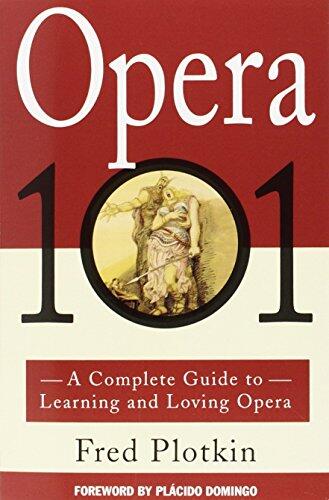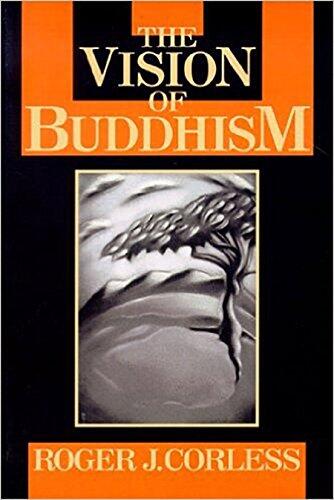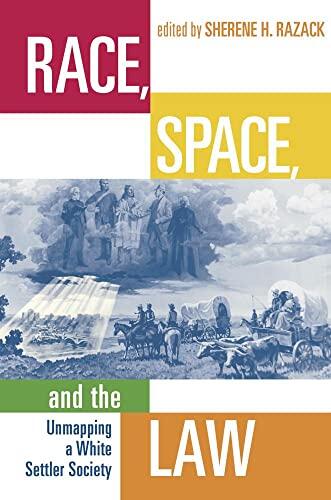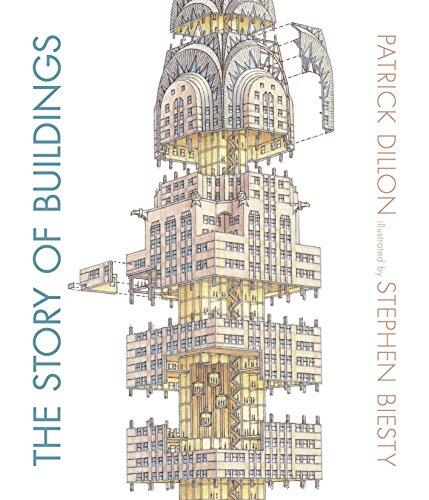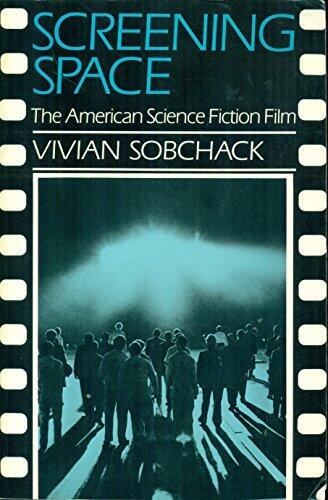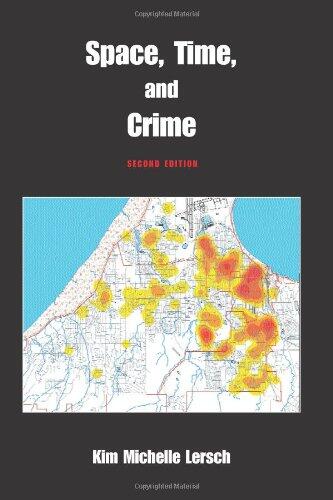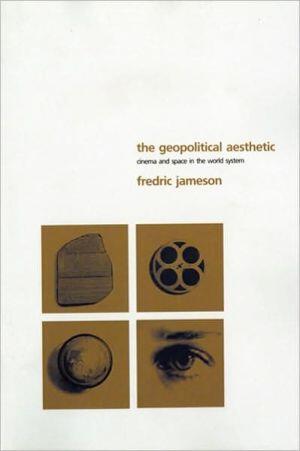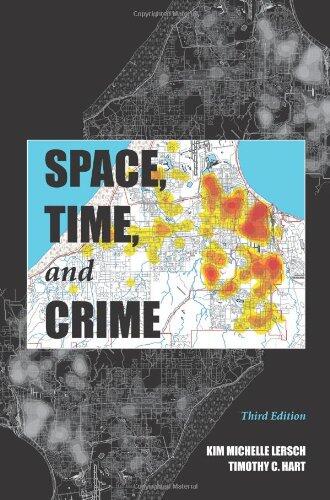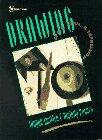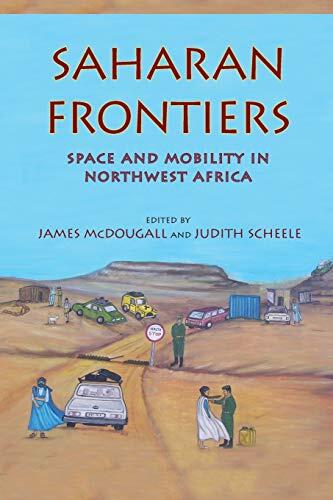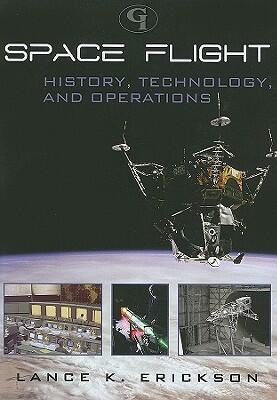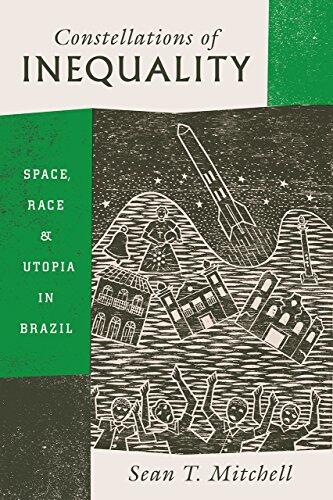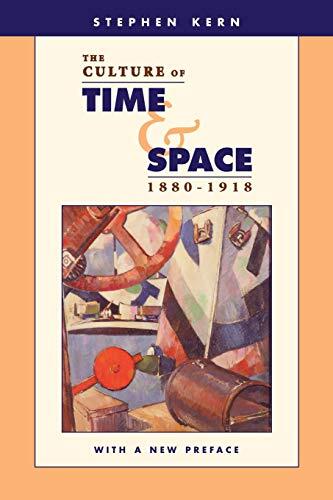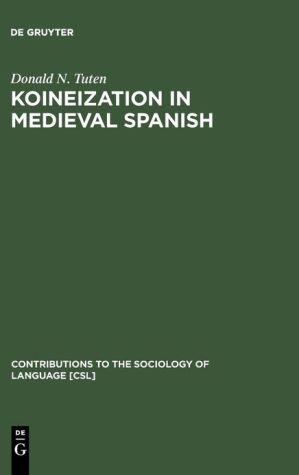
Koineization in Medieval Spanish
door
Donald N. Tuten
Nog geen beoordelingen
Romance
History
Formaat
Hardcover
Pagina's
356
Taal
Engels
Gepubliceerd
Jun 19, 2003
Uitgever
Walter de Gruyter
Editie
Reprint 2012 ed.
ISBN-10
3110177447
ISBN-13
9783110177442
Beschrijving
In this exploration of medieval Spanish, the author delves into the intricate processes of language change and adaptation. The focus on koineization—the blending of different dialects and languages—highlights the dynamic interactions that shaped the Spanish language during a transformative period in history. Through detailed analysis, the work seeks to uncover the sociolinguistic factors that drive such changes, providing insight into the cultural and social contexts that influenced them.
Tuten draws on a variety of historical sources, linguistic data, and sociological theories to illustrate the complexities of language evolution. He argues that understanding these shifts requires a multi-faceted approach, addressing not just the 'how' but also the 'why' of linguistic change. This framework allows for a richer comprehension of how languages can forge new identities while simultaneously preserving elements of their origins.
The author emphasizes the importance of community interactions and historical circumstances, arguing that these elements play a crucial role in language development. The text sheds light on the often overlooked nuances of medieval Spanish, revealing an intricate tapestry of influence and adaptation. Tuten's rigorous analysis also opens up avenues for further research into the broader implications of language change within sociocultural contexts.
Ultimately, this work contributes to a deeper understanding of sociolinguistics and the historical evolution of Spanish. With its engaging and scholarly approach, it invites readers to appreciate the rich linguistic heritage shaped over centuries by the complex interplay of society and language.
Tuten draws on a variety of historical sources, linguistic data, and sociological theories to illustrate the complexities of language evolution. He argues that understanding these shifts requires a multi-faceted approach, addressing not just the 'how' but also the 'why' of linguistic change. This framework allows for a richer comprehension of how languages can forge new identities while simultaneously preserving elements of their origins.
The author emphasizes the importance of community interactions and historical circumstances, arguing that these elements play a crucial role in language development. The text sheds light on the often overlooked nuances of medieval Spanish, revealing an intricate tapestry of influence and adaptation. Tuten's rigorous analysis also opens up avenues for further research into the broader implications of language change within sociocultural contexts.
Ultimately, this work contributes to a deeper understanding of sociolinguistics and the historical evolution of Spanish. With its engaging and scholarly approach, it invites readers to appreciate the rich linguistic heritage shaped over centuries by the complex interplay of society and language.
Recensies
Nog geen beoordelingen
Wees de eerste om dit boek te recenseren en deel je gedachten
Voeg Eerste Recensie ToeLeeslogboek
Geen leeslogboeken gevonden
Begin met het volgen van je leesvoortgang om logboeken hier te zien
Voeg je eerste leeslogboek toeNotities
Geen notities gevonden
Begin met het toevoegen van notities om ze hier te zien
Voeg je eerste notitie toeTransactielogboek
Geen transactielogboeken gevonden
Begin met het volgen van je boektransacties om logboeken hier te zien
Voeg je eerste transactielogboek toe